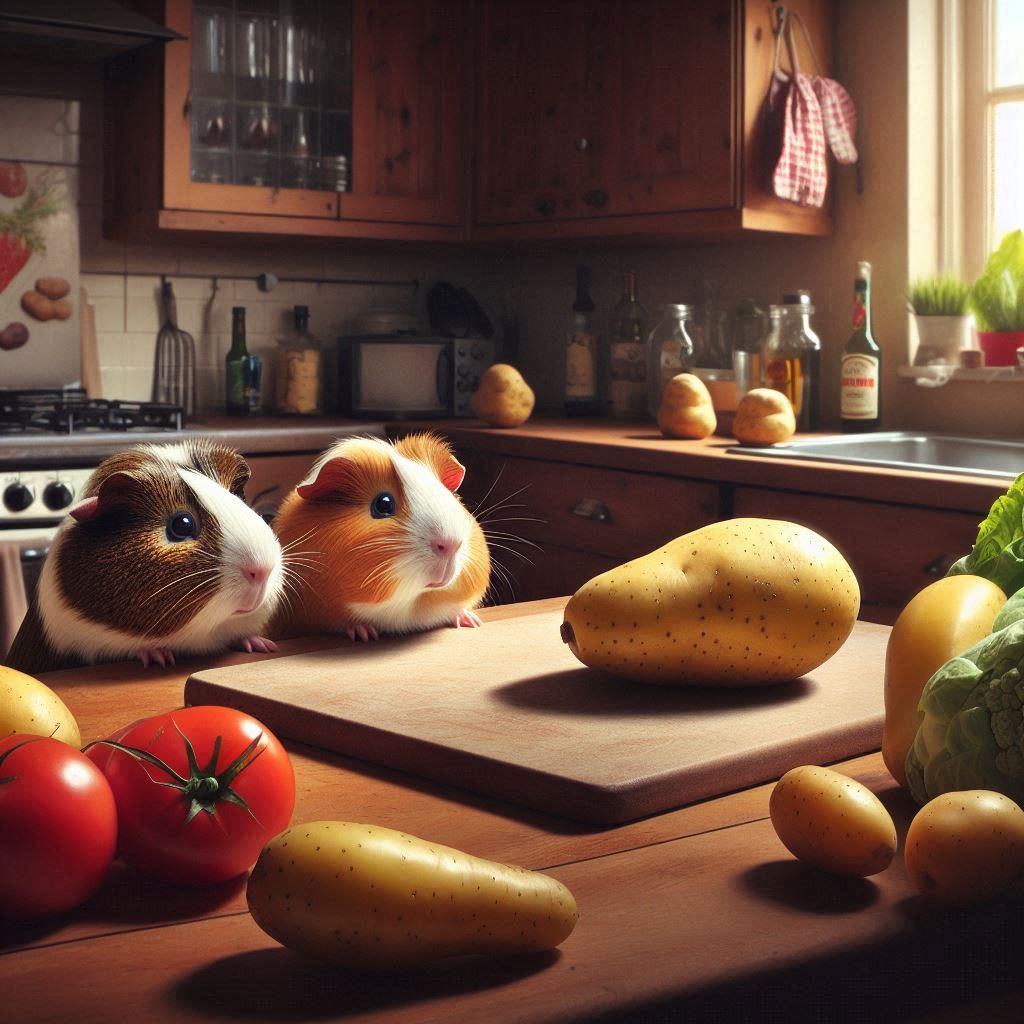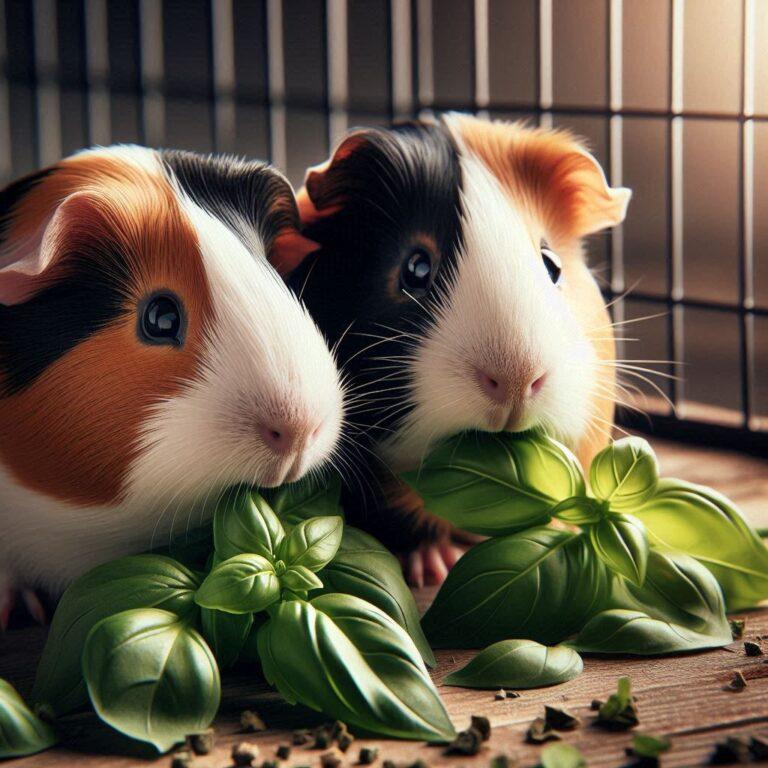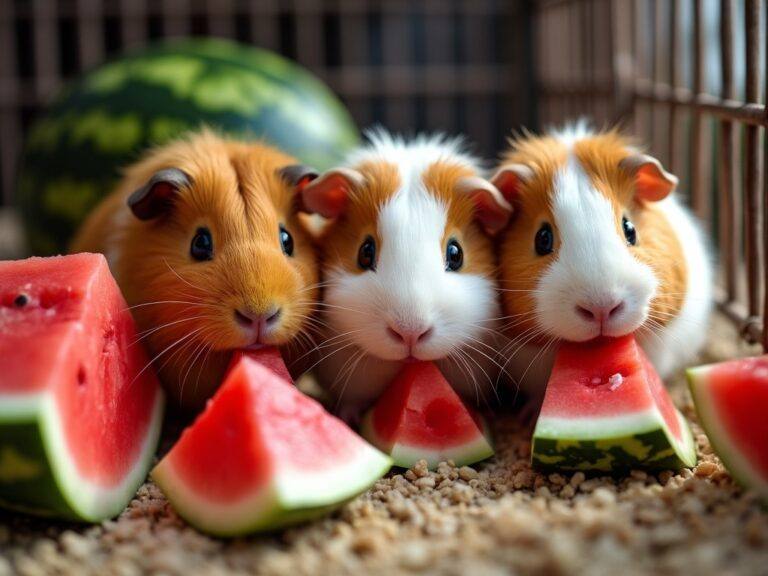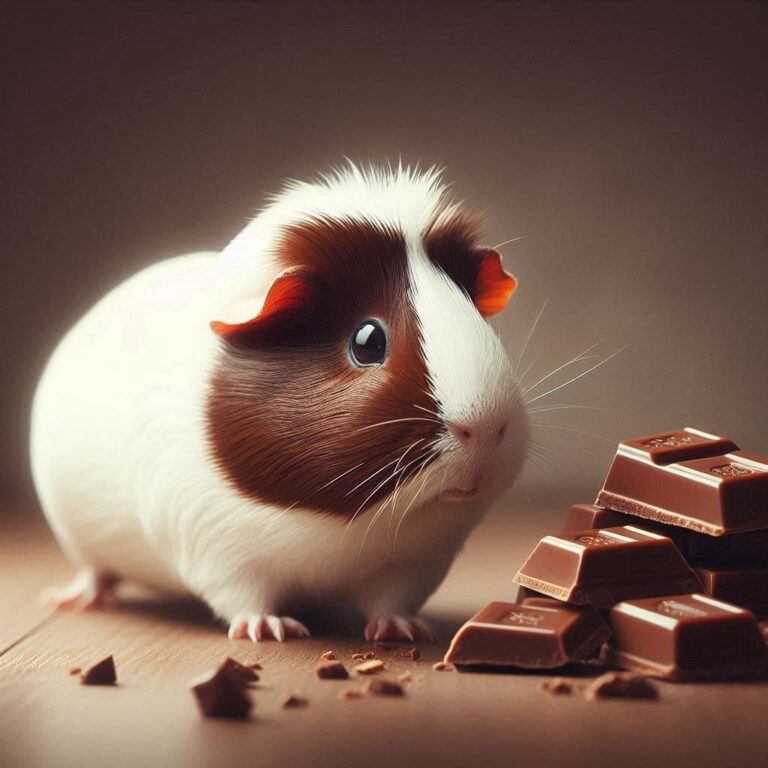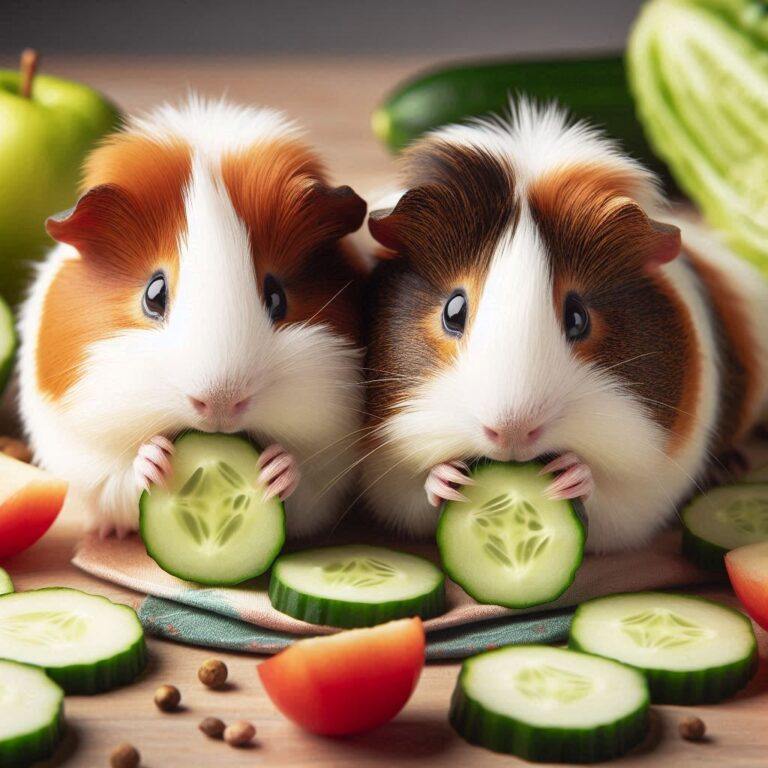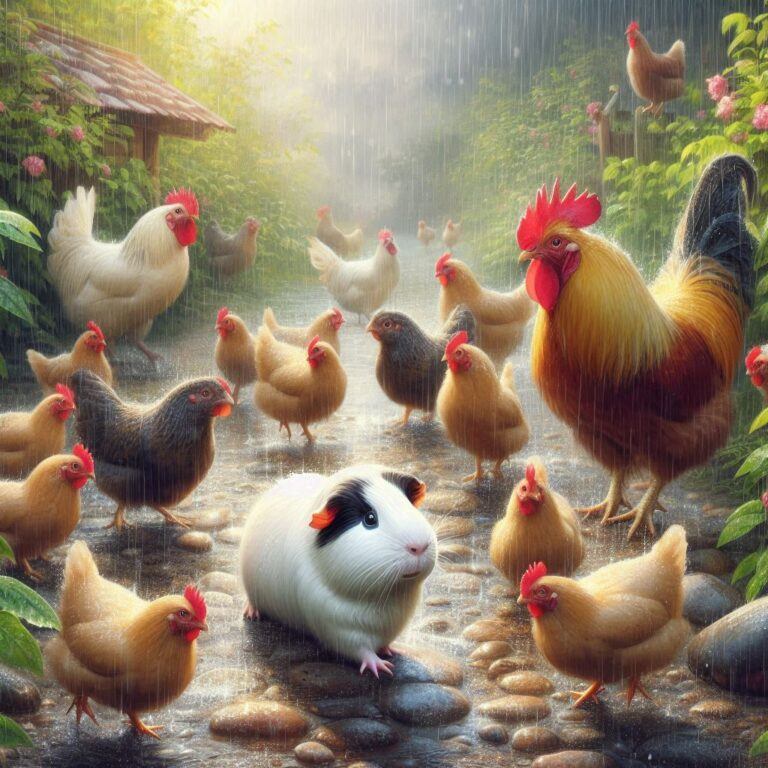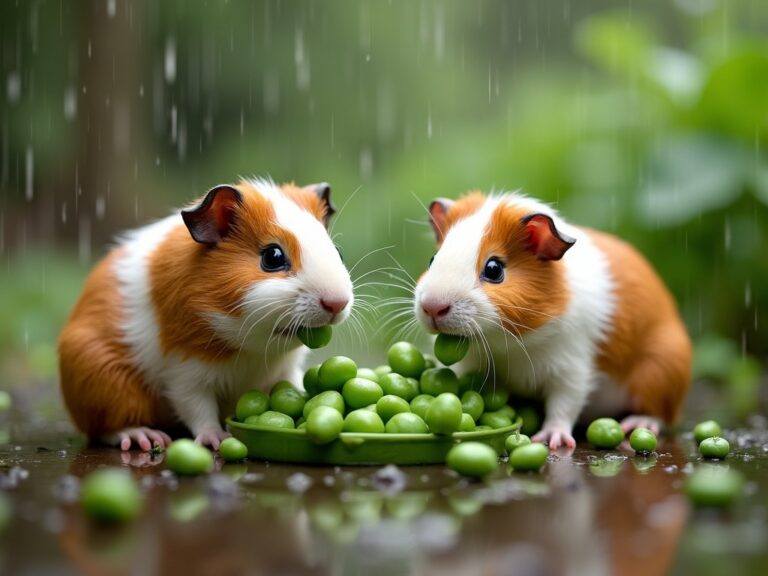Can Guinea Pigs Safely Eat Potatoes
No, guinea pigs should not eat potatoes. This root vegetable contains high levels of starch and certain compounds that can be harmful to guinea pigs. They also contain glycoalkaloids such as solanine, which are toxic and can lead to severe health issues in guinea pigs.
Guinea pigs thrive on a diet rich in hay, fresh vegetables, and a small number of pellets. Potatoes, with their high starch content, don’t fit into this nutritional profile.
Over time, the consumption of potatoes can cause significant discomfort and health problems for these small animals.
Their digestive tract is designed to process high-fiber foods, and when they eat starchy foods like potatoes, it can create an imbalance in their gut flora, possibly leading to further health complications.
It’s important to remember that there are many other vegetables that guinea pigs can safely consume. Leafy greens, bell peppers, and carrots are all good options.
By avoiding potatoes and other starchy vegetables, you can ensure that your guinea pig maintains a healthy and balanced diet. Providing the right foods will help keep your pet healthy, active, and happy.
Understanding Guinea Pig Dietary Needs
Guinea pigs have specific dietary requirements that must be met to ensure they stay healthy and active. Their diet should be high in fiber, low in sugars, and rich in vitamin C.
These little animals cannot produce their own vitamin C, making it a crucial part of their daily food intake to prevent diseases like scurvy.
Timothy hay should make up the bulk of any guinea pig diet. It provides the necessary fiber to keep their digestive systems functioning properly.
Unlimited access to fresh hay is essential for their health. The constant chewing also helps to wear down their teeth, which continuously grow throughout their lives.
In addition to hay, fresh vegetables should be included in their daily diet. Leafy greens such as romaine lettuce, kale, and spinach are excellent choices.
Bell peppers are another great option due to their high vitamin C content. Avoid feeding them iceberg lettuce, which offers little nutritional value and can lead to diarrhea.
A small number of pellets designed specifically for guinea pigs can be included for additional nutrition. These pellets should not contain seeds, nuts, or dried fruits, which can be harmful to them.
Always check the ingredients to ensure they don’t include any artificial colors or preservatives.
Lastly, fresh, clean water must always be available. Make sure to change the water daily and clean the water bottle or bowl regularly to prevent bacterial growth.
Proper hydration is as important as their food when it comes to maintaining overall health.
Safe Alternatives to Potatoes for Guinea Pigs
Feeding guinea pigs a varied diet is key to ensuring they receive all the necessary nutrients. There are plenty of healthy vegetables that can be included in their meals. Leafy greens are some of the best options.
Vegetables like turnip greens, parsley, and cilantro are not only safe but also packed with vitamins and minerals. Bell peppers, zucchini, and cucumbers are other great alternatives, adding both variety and nutritional benefits.
When it comes to fruits, moderation is crucial due to their sugar content. Small portions of apples (without seeds), strawberries, blueberries, and kiwi can be added to their diet occasionally.
These fruits provide additional vitamins and can serve as a tasty treat for your guinea pig. Avoid citrus fruits as they can upset their stomachs.
Introducing new foods to a guinea pig should be done gradually to avoid digestive issues. Start with small amounts and observe how your pet responds.
If there are no adverse reactions, you can slowly increase the quantity. Always wash vegetables and fruits thoroughly to remove pesticides and harmful residues.
Maintaining a diverse yet balanced diet is important for the well-being of your guinea pig. By offering a range of safe vegetables and occasional fruits, you can provide all vital nutrients while keeping their meals interesting.
Regularly consulting with a veterinarian for dietary advice can also help in ensuring your pet’s health and longevity.

